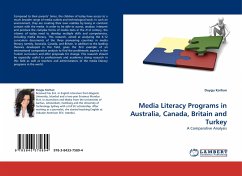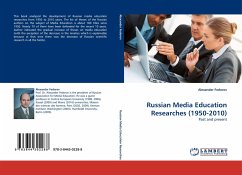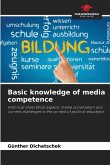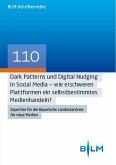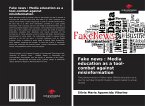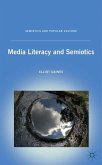Models of media education can be divided into the following groups: - educational-information models (the study of the theory, history, language of media culture, etc.), based on the cultural, aesthetic, semiotic, socio-cultural theories of media education; - educational-ethical models (the study of moral, religions, philosophical problems relying on the ethic, religious, ideological, ecological, protectionist theories of media education; - pragmatic models (practical media technology training), based on the uses and gratifications and 'practical' theories of media education; - aesthetical models (aimed above all at the development of the artistic taste and enriching the skills of analysis of the best media culture examples). Relies on the aesthetical (art and cultural studies theory); - socio-cultural models (socio-cultural development of a creative personality as to the perception, imagination, visual memory, interpretation analysis, autonomic critical thinking), relying on thecultural studies, semiotic, ethic models of media education.
Bitte wählen Sie Ihr Anliegen aus.
Rechnungen
Retourenschein anfordern
Bestellstatus
Storno


